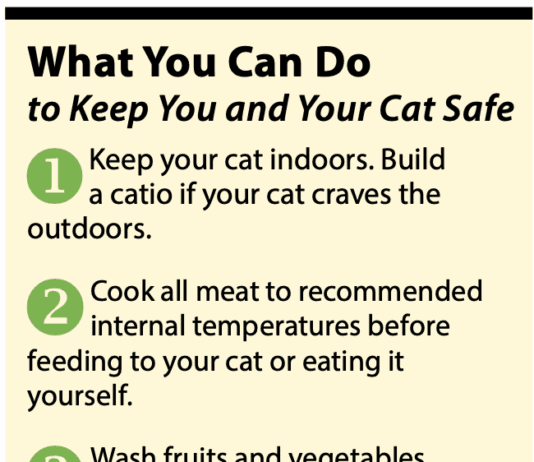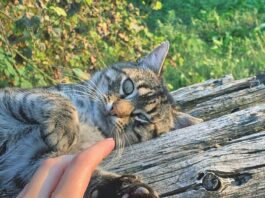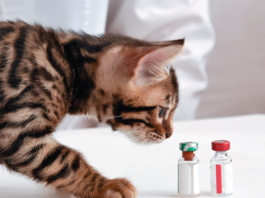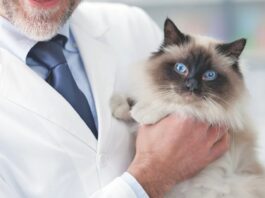Anesthesia Today: Safer Than Ever
You may be hard-pressed to find scientific studies on this, but anecdotal evidence abounds at veterinary clinics: When owners learn their cat needs a dental cleaning, a lay term for periodontal treatment, most of them are alarmed - specifically about the risks of anesthesia. Some even delay treatment because of their concern.
Cats and Anesthesia
I am the proud mother of a middle-aged cat who requires extraction of two molars because of resorptive lesions [a painful disease in which resorption destroys the teeth]. I am very concerned about the anesthesia required for this extraction, and I wanted to ask if you can provide some insight regarding how best to assure that he is treated safely during this procedure.
Diagnosing with Doppler and Avoiding ‘White Coat Syndrome’
Veterinarians commonly diagnose hypertension with a Doppler system that detects blood flow acoustically. This method uses an inflatable cuff with a gauge that measures pressure within it, a stethoscope and a unit that uses Doppler signals to detect blood flow. The veterinarian or technician places the cuff around a limb, inflates it until blood blood flow in the limb is blocked and then gradually deflates the cuff until blood flow is detected once again. …
Keeping 15-Year Old Chelsea Pain Free Around The Clock
When Eileen Marek of Sherman Oaks, Calif., was referred to a specialist after her 15-year-old cat Chelsea was diagnosed with bone cancer of the jaw, she expected the worst. I was thinking I would have two choices, she says, surgery or put her to sleep. I was pretty stressed going into that appointment.
Study Investigates Stem Cell’s Role in Healing
Studies on kidney disease at Colorado State are focusing on whether stem cells can reduce kidney inflammation in cats. Any cat over 10 is likely to develop kidney disease, and by age 15, Im generally very surprised if it hasnt, says researcher Jessica Quimby, DVM, Ph.D., ACVIM.
Reducing the Risk of Lymphoma
Lymphoma is the most common form of cancer in cats and unfortunately one of the most deadly. Although it has no cure, vaccinations against two viruses linked to the cancer can reduce your cats risk of developing the disease.Feline lymphomasarcoma is a malignant cancer of lymphocytes, cells in the immune system that travel the body through the lymphatic system - the network of tissues and organs that influences virtually every aspect of a cats health. Lymphoma can arise in lymph nodes as well as organs, including the spleen, liver, intestinal tract and skin. The disease can sometimes lead to tumors; however, the cancer usually involves the blood-forming organs and lymph tissue.
Multiple Organs Can Be Affected
Symptoms of lymphoma vary, depending upon the part of the body affected. In some cats, the disease is multi-centric, meaning that multiple organs are affected. This type of cancer tends to strike middle-aged and older cats who are usually not infected with FeLV. In cases of more localized lymphomas, the affected sites and their symptoms include:
Three Common Myths About Spay and Neuter
Some reasons to avoid spaying or neutering pets are based on misinformation, including:
Dont Use First Aid on Snakebites
If youre out for a stroll with your cat in your fenced backyard and he suffers a snakebite, his life can quickly be in danger. The safest course: Dont attempt outdated first-aid measures such as application of a tourniquet or incision to remove the venom with suction. It will already have been absorbed, and tourniquets can compromise blood circulation, causing severe injury.
Cornell Pursues the Elusive Coronavirus That Triggers FIP
Scientists have known for some time that certain strains of the feline coronavirus can lead to feline infectious peritonitis (FIP), a viral disease that is the leading infectious cause of death in cats under 2 years of age. However, the pathogenesis - the way the usually mild coronavirus develops into often-fatal FIP - remains a mystery.
Evaluating the Results and Their Potential Meaning
These are only a few of the many components evaluated in a complete blood count:
Evaluating a Transdermal Appetite Stimulant for CKD
The drug mirtazapine, used to treat depression in people, has a surprising side effect in pets: It can stimulate appetite and, in some cases, control nausea and vomiting, which are signs of chronic kidney disease (CKD) in cats.










